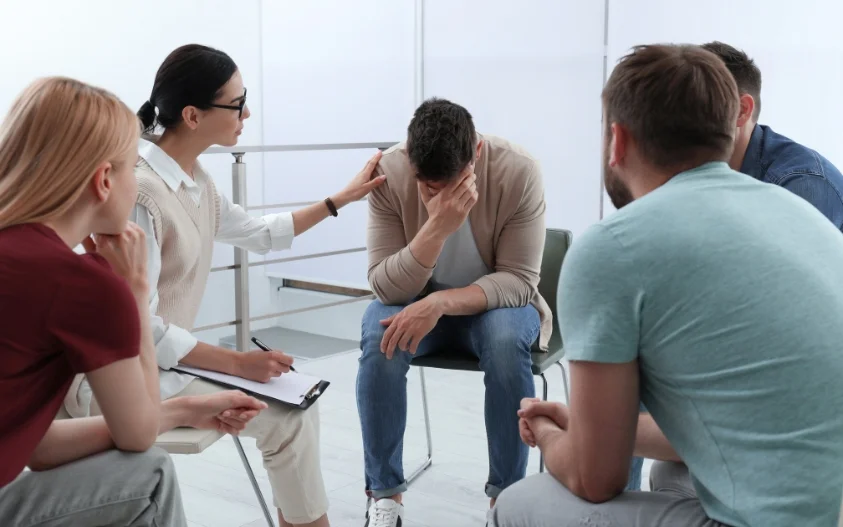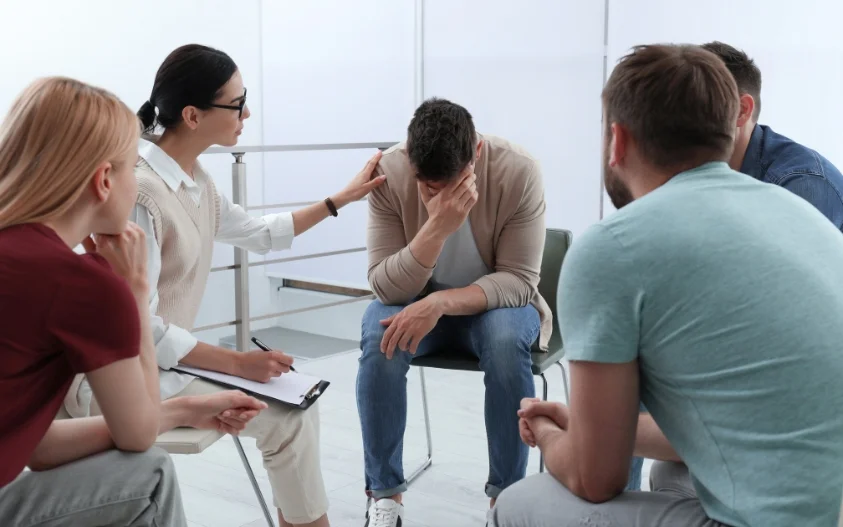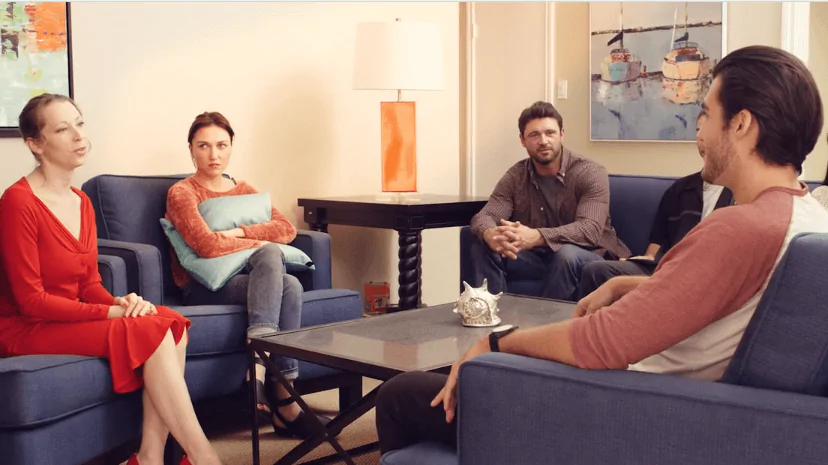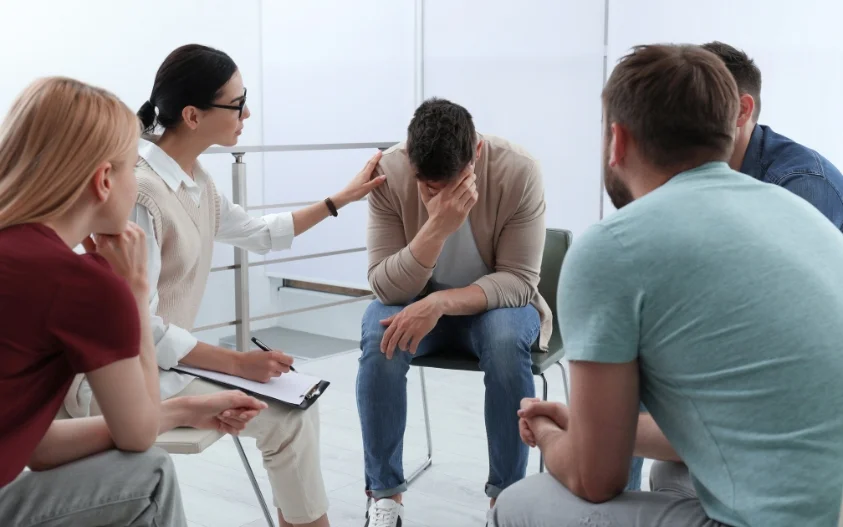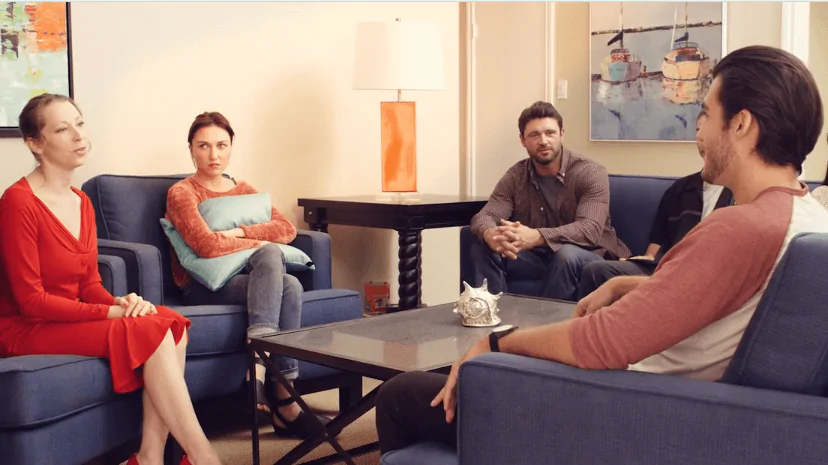24/7 Helpline:
(866) 899-221924/7 Helpline:
(866) 899-2219
Learn more about 12-Step Rehab centers in Norlina
12-Step Rehab in Other Cities

Other Insurance Options

Private insurance

EmblemHealth

Carleon

Multiplan

Sutter

UnitedHealth Group

Absolute Total Care

BlueShield

Excellus

Group Health Incorporated

Humana

Medical Mutual of Ohio

Ceridian

State Farm

Aetna

PHCS Network

AllWell

Health Partners

Magellan

Kaiser Permanente

Freedom House Recovery Center – Lake Area Counseling Halfway House
Freedom House Recovery Center - Lake Area Counseling Halfway House provides up to six months of reco...


























